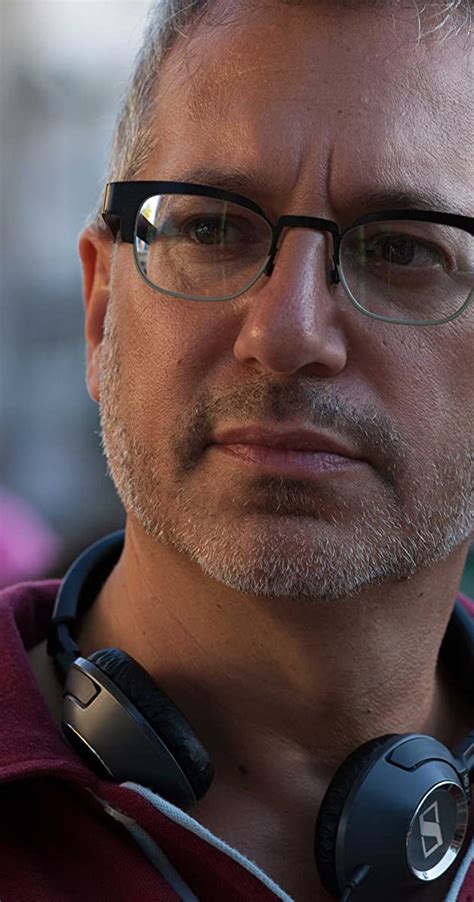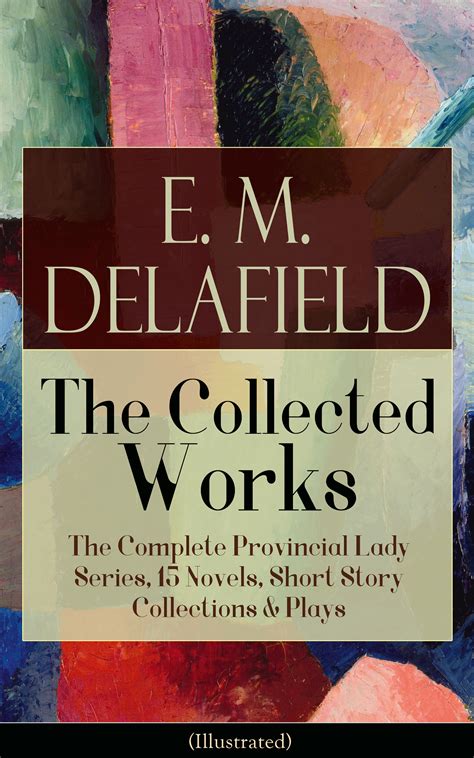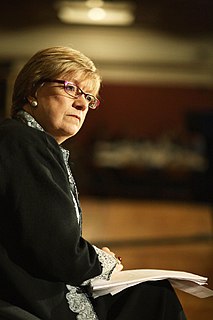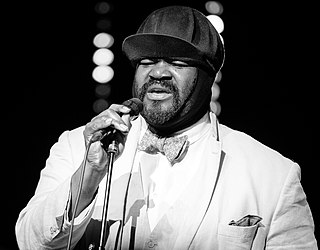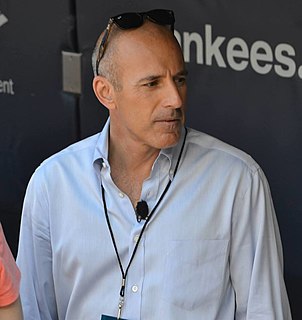A Quote by Jeremy Podeswa
Cersei is a character who's done unspeakable things, and yet we also know that she's a mother who's lost her children - that she's been pushed to the end of her tether.
Related Quotes
One thing I did have under my belt was, my mother lost her mother when she was 11. She mourned her mother her whole life and made my grandmother seem present even though I never met her. I couldn't imagine how my mom could go on but she did, she took care of us, she worked two jobs and had four children. She was such a good example of how to conduct oneself in a time of grief. When I lost my husband, I tried to model myself as much as I could on her.
My mother had been an incredibly bright kid but her family couldn't afford for her to stay in education. So she lived through me. She was a very remarkable woman and I owe a huge debt to her. She was unashamed about delighting in the fact that I was intelligent, and she drove and pushed me. She was also completely indifferent to popularity.
Sometimes we adopt certain beliefs when we're children and use them automatically when we become adults, without ever checking them out against reality. This brings to mind the story of the woman who always cut off the end of the turkey when she put it in the oven. Her daughter asked her why, and her mother responded, "I don't know. My mother always did it." Then she went and asked her mother, who said, "I don't know. My mother always did it." The she went and asked her grandmother, who said, "The oven wasn't big enough."
Summerset, don't you ever sleep?" "It's Lieutenant Dallas. She's--" Roarke dropped his briefcase, grabbed Summerset by the lapels. "Has she been hurt? Where is she?" "A nightmare. She was screaming." Summerset lost his usual composure and dragged a hand over his hair. "She won't cooperate. I was about to call your doctor. I left her in her private suite." As Roarke pushed him aside, Summerset grabbed his arm. "Roarke, you should have told me what had been done to her." Roarke merely shook his head and kept going. "I'll take care of her.
In this moment she felt that she had been robbed of an enormous number of valuable things, whether material or intangible: things lost or broken by her own fault, things she had forgotten and left in houses when she moved: books borrowed from her and not returned, journeys she had planned and had not made, words she had waited to hear spoken to her and had not heard, and the words she meant to answer with. . . .
As Anna Freud remarked, the toddler who wanders off into some other aisle, feels lost, and screams anxiously for his mother neversays "I got lost," but accusingly says "You lost me!" It is a rare mother who agrees that she lost him! she expects her child to stay with her; in her experience it is the child who has lost track of the mother, while in the child's experience it is the mother who has lost track of him. Each view is entirely correct from the perspective of the individual who holds it .
A mother experiences more than one death, even though she herself will only die once. She fears for her husband; she fears for her children; again she fears for the women and children who belong to her children. ... For each of these-whether for loss of possessions, bodily illness, or undesired misfortune-she mourns and grieves no less than those who suffer.
He always apologized, and sometimes he would even cry because of the bruises he'd made on her arms or legs or her back. He would say that he hated what he'd done, but in the next breath tell her she'd deserved it. That if she'd been more careful, it wouldn't have happened. That if she'd been paying attention or hadn't been so stupid, he wouldn't have lost his temper.
